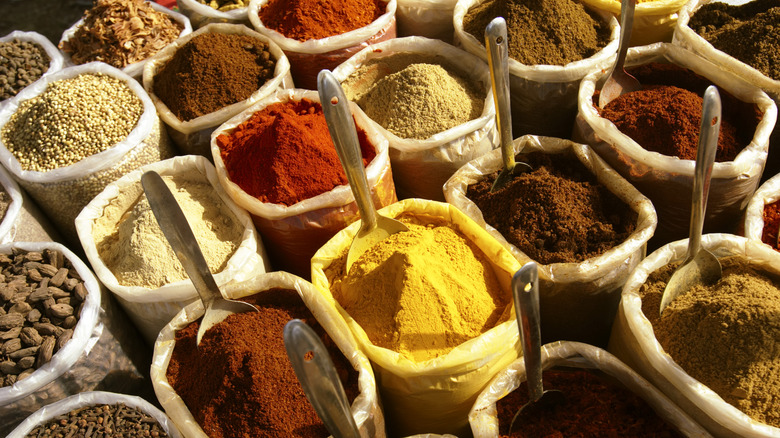How Sci-Fi Became So Fascinated With Spice
Spice is a ubiquitous and influential element in kitchens and science-fiction works alike; it extends beyond mere seasoning. Its prominence can be traced back to Frank Herbert's seminal work, "Dune," where the spice melange serves as a central plot device and symbolizes the interplay between technology, ecology, and human ambition. Across various sci-fi narratives, spice is often employed as a versatile tool, both as a means to explore complex themes and to build rich, immersive worlds.
One of the primary duties of spice in science fiction is its metaphorical representation of a valuable and often addictive resource. In "Dune," the spice melange is essential for space travel, longevity, and heightened mental abilities. This scarcity-driven demand mirrors real-world resource conflicts and the consequences of unchecked resource consumption, offering a lens through which readers and viewers can contemplate environmental affairs, geopolitics, and the perils of unchecked capitalism.
Furthermore, spice frequently creates motivation for cultural change. Its transformative properties in "Dune" lead to religious movements, political intrigue, and a shift in the balance of power. It shows how new technologies or discoveries can reshape civilizations, inviting reflection on the ethical implications of scientific advancements and their potential for progress and harm.
Spice plays a profound role in many science-fiction works
A spice's fictional psychoactive properties are often used to explore the boundaries of human experience and consciousness. In novels like Aldous Huxley's "Brave New World," the drug Soma represents a state-controlled substance used to suppress individuality, while in Philip K. Dick's "A Scanner Darkly," Slow Death — also referred to as Substance D or Death — illustrates the corrosive effects of addiction and surveillance on personal identity.
The concept of spice also facilitates world-building in sci-fi. Authors and filmmakers use it to construct exotic, intricate universes that engage the audience's imagination. Diverse ecosystems and cultures often revolve around spice production and trade, contributing to the immersive quality of the narrative.
Spice's role in science fiction extends far beyond a simple flavor enhancement. Its presence provokes thought on issues ranging from resource exploitation to societal revolution, from the nature of consciousness to the art of world-building. Thus, spice remains a compelling and enduring component in the tapestry of science-fiction storytelling, enriching the genre with its multifaceted significance.

